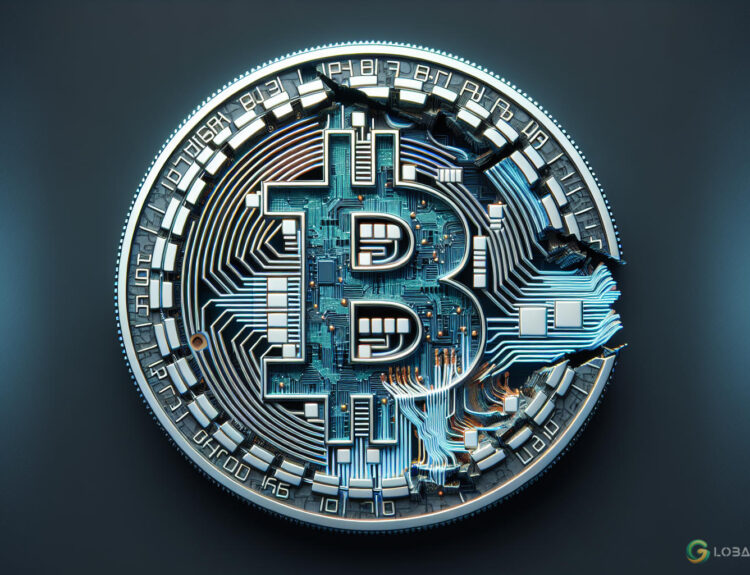Japan Prime Minister Shigeru Ishiba has pledged to include discussions of tax cut proposals from the opposition party in his upcoming economic stimulus package, which involves tax cuts for gasoline and crypto assets.
According to a recent report, Ishiba received approval for his economic stimulus package after committing to incorporate annual tax reform proposals from the opposition Democratic Party for the People (DPP). The main parties have also agreed to increase the budget to fund the stimulus package by the end of December. The economic stimulus package is expected to be released this week.
Proposed Tax Reforms
Makoto Hamaguchi, a senior official in Japan’s DPP, stated that his party’s proposal includes an annual tax reform for the next fiscal year. This reform aims to raise tax-free income from 1.03 million yen ($6,650) to 1.78 million yen ($11,435) and implement several tax cuts.
The DPP is urging the ruling party to consider temporarily reducing sales tax rates to 5% until wages increase by 2%. Additionally, the party is proposing tax cuts for companies that raise salaries and invest in developing industries such as semiconductors and artificial intelligence. They also suggest tax cuts on profits gained from crypto assets.
“That’s progress for us. We have no intention to waver on our goal to raise it to 1.78 million yen,” said Hamaguchi, noting that Japan’s tax-free income bar has remained unchanged for the past 30 years. His party is determined to change that.
Hamaguchi mentioned that the DPP aims to conclude these tax reform discussions by the end of this year.
Crypto Taxation Proposals
In their policy statement, the DPP proposed taxing crypto gains by 20%, aligning virtual assets with the tax rates on stock market profits. Under current Japanese regulations, crypto falls under “miscellaneous income,” which means Japan’s crypto tax could reach up to 55% depending on personal income. In contrast, profits from stock trading have a maximum tax rate of 20%.
The DPP, a minor opposition party, garnered enough votes in the nation’s October election to hold significant influence in the current chamber. The party has consistently debated against the ruling party’s proposed policies on a case-by-case basis, serving as a balance of power while advancing their policy proposals.
“Supporting token economy using crypto assets” was one of the main points within the DPP’s policy statement before the election. The party promised to utilize non-fungible tokens (NFTs) and cryptocurrency to boost Japan’s economy if elected.
Support from the Ruling Party
Support for crypto and blockchain technology is also present within the ruling party’s leadership. After his election on October 1, President of the Liberal Democratic Party, Shigeru Ishiba, indicated in his policy document that he intends to use blockchain technology and NFTs to enhance Japan’s economy.
Masaaki Taira, the current chief of the LDP’s Web3 task force and Minister of Digital Affairs, proposed applying Japanese intellectual property laws to NFTs. He also supports boosting crypto startups by reforming Japan’s tax system.
For more news on global cryptocurrencies and related topics, stay updated with Global Crypto News.
#AI #CryptoLife






















